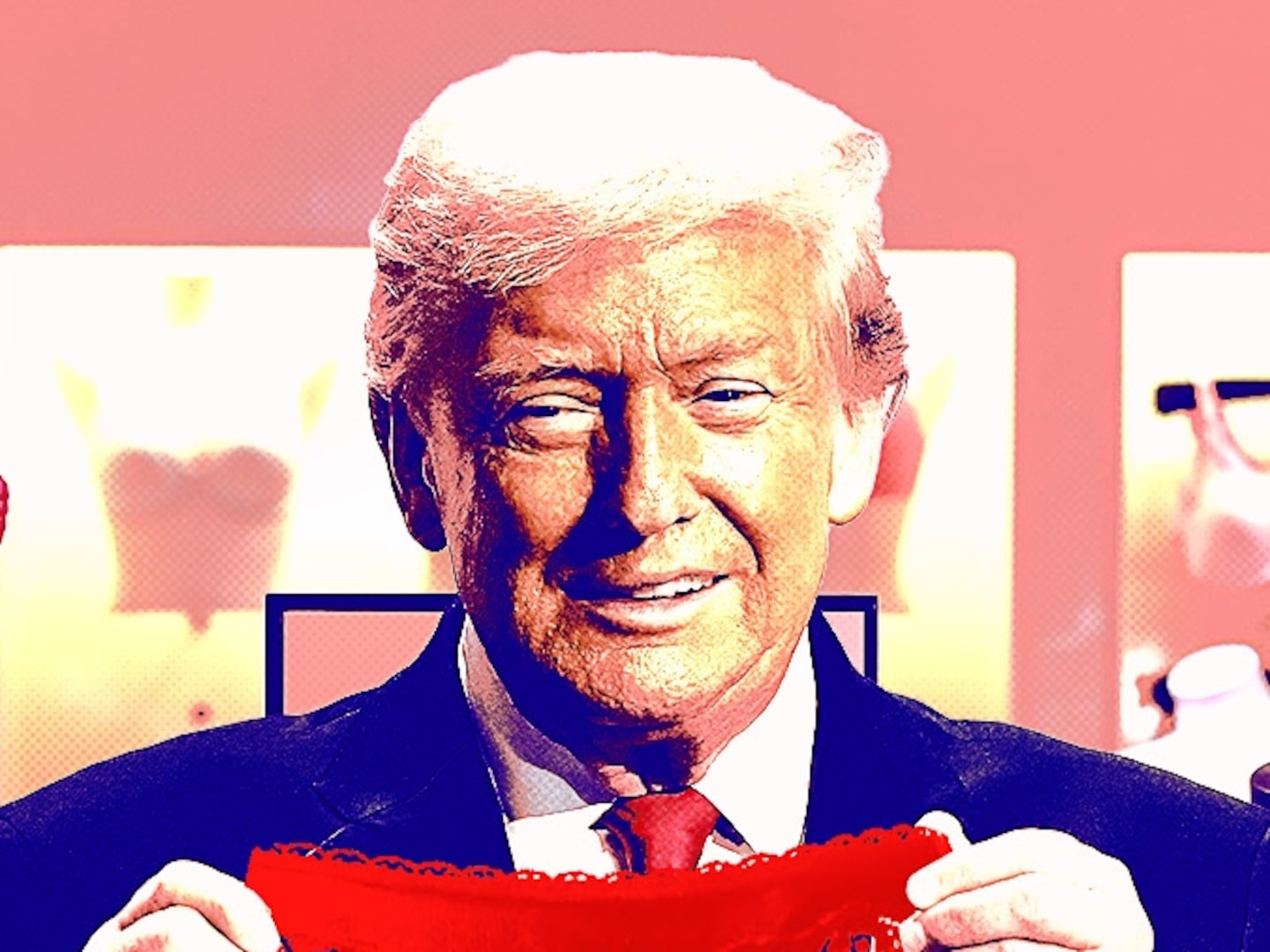Should California come with a warning label? Has my home state become so lenient about allowing parents to avoid vaccinations that it is hazardous to the public’s health? And is the nation’s most populous state—which is now home to one in 10 Americans—so progressive in its thinking that it has abandoned common sense? And, since this is a dark blue state, is it up to Democrats to reverse that trend?
In February, a pair of Democratic California lawmakers—State Senator Richard Pan of Sacramento, and his colleague Ben Allen of Santa Monica—introduced a bill to make it harder for parents to opt out of vaccinating their child. The bill eliminates personal belief and religious convictions as legitimate grounds for exemptions. If the bill passes and gets signed by the governor, California would become the third state, along with Mississippi and West Virginia, to allow only for medical exemptions.
Currently, parents can have their children opt out of vaccines because of nothing more than a personal belief that vaccines are harmful, and the kids still get to attend public school. In some school districts in Southern California, as much as 50 percent of students are not vaccinated.
Under the proposed change, children in California who didn’t get vaccinated could not attend public or private school and would have to be home-schooled.
The bill was prompted by the measles outbreak in December that began at Disneyland and infected more than 100 people. In the last few months, buoyed by a concern for public health, the vaccination bill has sailed through a number of Senate committees. Californians have received a crash course in the concept of “herd immunity”—the assumption that, if enough people get vaccinated against a communicable disease, the few who aren’t vaccinated still stand a good chance of not getting infected. That’s what the lawmakers behind the proposed change insist they’re trying to preserve.
Yet many Californians oppose the bill, and they haven’t been shy about expressing their view that lawmakers are overreaching, trampling on parents’ rights, and doing the very thing they claim to be trying to prevent: putting children at risk. After all, if you believe that vaccines are dangerous, and might even—as some people claim—cause autism in some children, then what lawmakers propose is downright frightening.
Opponents of the bill say that if they lose the political battle and the legislation becomes law, they’ll go to court to stop it from taking effect. Thanks to the Golden State, this issue could ultimately wind up before the Supreme Court.
That’s what happens when government grants a right, and then tries to take it away. People get enraged, and they dig in for a fight. This drama could play out for years to come. In fact, the debate is so contentious that Pan has received additional security after his office received threatening messages and he was compared to Adolf Hitler on the Internet.
With any other piece of legislation, the committee meetings would be boring and sparsely attended. With the vaccination bill, it’s been standing room only. Hundreds of folks have poured into the Capitol, with about 100 people voicing support for the legislation but 600 people testifying against it.
This story is complicated—in fact, much more so than either side is willing to admit. The arguments on both sides are full of holes.
The “pro-vax” group tries to demonize and marginalize parents who choose—for religious or personal reasons—not to vaccinate their children. These parents become the villains, the so-called conspiracy theorists who ignore science and threaten the health of their fellow citizens.
But who is really at risk? Not the children who are vaccinated. They’re supposed to be protected, remember? Unless the pro-vaccination crowd—having argued that vaccines are effective and life-saving—would now like to reverse course and admit that they’re not completely sure that vaccines always work as advertised. Certainly, they’re not going to do that.
Isn’t it really the non-vaccinated children who are primarily at risk? Why are the kids who have been vaccinated afraid of being exposed to them? Shouldn’t the non-vaccinated children be the ones who are afraid? So how did the potential victims become the convenient villains?
On the “anti-vax” side, those parents who face the challenge of having autistic children want answers as to why they’ve been dealt that card. And, if possible, they’d also like someone or something to blame—preferably an external factor, not related to their genetic code, family history, or life choices. Vaccines fit the bill, especially since drug companies make billions of dollars manufacturing them and everyone from teachers to doctors seems to be pushing them.
Yet the most convenient explanation isn’t always the right one. Women are having children later in life, a personal decision that we should all respect but which has also been shown to cause an increased risk in having a child with autism. Yet, bringing that up isn’t politically correct. It sounds like we’re attacking women. It’s easier to attack vaccines.
This debate is thorny because anyone who believes in mandatory vaccinations has to be at ease with the idea of compelling parents to do something that some of them believe will hurt their child. It doesn’t matter if they’re right or not. And it doesn’t matter if there’s evidence to back up their fear—or not. The only thing that matters is that they believe that vaccinations are an evil to be guarded against. And to force a parent to act in a way that they’re convinced threatens the health of their child seems to me barbaric.
Besides, that is not something many Americans are prepared to endorse. I bet the Chinese would have no qualms. The Russians would probably feel the same way. Certainly the Iranians or the North Koreans would not lose much sleep over it.
But Americans are different, raised as we have been to believe in personal freedom and our right not to live under duress by government. Anyone who tells you that the question of whether parents should be forced to vaccinate their children is a no-brainer needs to think again.
For the record, my wife and I vaccinated our three children. I believe vaccines work, and—since we’re only a few generations removed from an age when measles, smallpox, and polio were serious health problems in the United States—I’m thankful for them. I think that all children should be vaccinated and that vaccines can be very useful.
I’m just not prepared to say that they all must be vaccinated and that vaccines should be mandatory.
Yet, the vaccine debate in this country deserves something that it is not getting enough of: respect. People need to take a break from their argument long enough to hear and acknowledge the merits in their opponent’s argument.
As Americans, we need to get out of our comfort zone on this issue and think more broadly. We need to challenge ourselves, and not be afraid to ask the kind of tough questions that challenge those around us.
All this talk about preserving herd immunity when what we should really be worried about is the development of a herd mentality.






